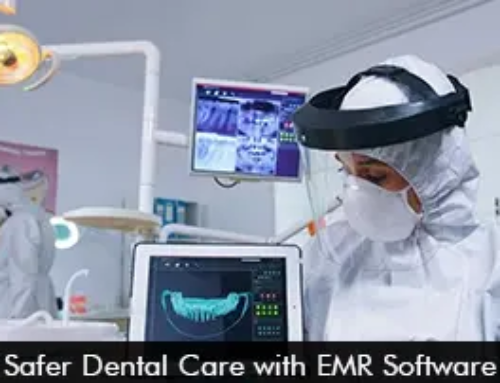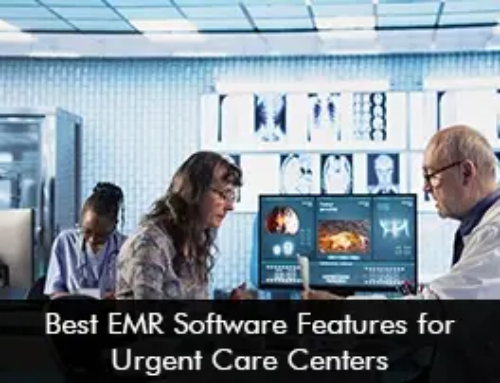Public health is critical in communities as researchers, practitioners, and educators come together to prevent disease at the population level. The essence of public health is to boost the health of populations through organized efforts of society and healthcare organizations. The American Public Health Association (APHA) is working to ensure the well-being of all individuals in the USA. Integrating Electronic Medical Records (EMR) Software in public health has great scope in improving data management, opening new avenues for research, and enhancing overall public outcomes.
What Does Public Health Include?
Public health is very diverse and includes the following areas of work:
- Chronic Disease
- Epigenetics
- Mental Health
- Disaster Response
- Injury Prevention
- Refugee Health
- Tobacco Control
- Environmental Health
- Global Health
- Maternal and Child Health
- Occupational Health
The Role of EHR Software in Public Health
The use of EMR Systems can greatly impact public health by transforming communities with better connections and care collaborations. Public Health goals can be met with the robust technology and interoperability options in Electronic Health Records (EHR) Software. Here’s how EMR Software contributes to better public health:
Data Collection and Management
Effective patient data management and gathering are made possible by EHR software. Demographics, medical histories, treatment strategies, and results are all included in this. Public health experts can monitor health trends and spot outbreaks faster with the use of a centralized database.
Enhanced Disease Surveillance
Electronic medical records software can be designed to spot trends and notify health authorities of possible illness outbreaks, such as the COVID-19 pandemic. The prevention of infectious disease transmission depends heavily on this early detection mechanism. Hence quick action can be taken by authorities to control an epidemic before things get out of hand.
Improved Research
De-identified data from EHR systems can be used by researchers to carry out extensive analyses on the prevalence of diseases, the efficacy of treatments, and health outcomes. This quickens the pace of medical research and the creation of novel therapies.
Personalized Public Health and Policy Making with EMR Software
Utilizing individual health data, personalized public health allows public health interventions and tactics to be customized for certain populations, including people. This is made possible in large part by Electronic Medical Records software, which offers thorough patient data that includes social determinants of health, genetic information, lifestyle choices, and medical histories. Public health experts can identify high-risk individuals and populations thanks to this abundance of data, which makes it possible to implement targeted interventions. An EHR system, for instance, can identify individuals who have not had the appropriate screenings or immunizations, allowing medical professionals to follow up with these patients and urge them to follow preventative care recommendations.
The data and insights offered by EMR software greatly improve public health policymaking. To make decisions that will improve public health, policymakers rely on precise and current information. Electronic Health Records (EHR) Software provides a comprehensive perspective of public health trends and outcomes by aggregating data across broad populations. This information can be used to direct financial allocation, identify high-need locations for healthcare resources, and develop health policies that close treatment gaps.








